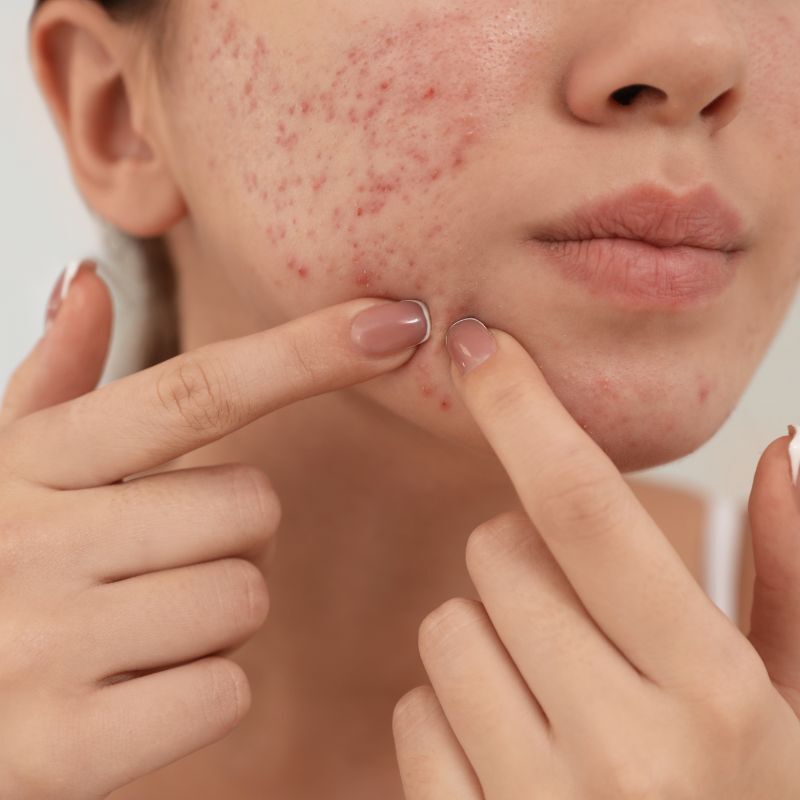Scars

Fade and Improve Skin Texture and Scars
Reduce the appearance of scars with targeted skincare solutions designed to fade marks, improve texture, and support your skin's natural healing.
Scars on your skin can be lifelong reminders of a journey in your life, whether that journey was giving birth, a surgery or other health crisis, or even acne. While you could appreciate those reminders, most people don’t love how scars look from an aesthetic perspective. You’ll always have your memories but if you want your scars to be a bit less visible, the right skin care strategies can help.
Why Do Scars Form?
Scars are part of your body’s incredible self-healing process. When you get a wound in your skin, your body springs into action and creates collagen fibers to seal that wound as quickly as possible to keep infections and other dangers out of your body. That collagen is scar tissue. It looks similar to your natural skin but it’s just different enough that it’s visibly noticeable – the texture may be different, it doesn’t have any hair follicles, and the color doesn’t quite match your skin tone.
What Are the Types of Scars?
Scars look very different from one person to the next (and from one injury to the next too). Some of this depends on what type of wound you had, and some depends on your body and how it repaired the wound. They basically break down into these key types of scars:
- Flat scars – generally even with your skin (not raised or pitted), but still looks different because the pigment is different
- Atrophic scars (AKA pitted scars or sunken scars) – happen when your body doesn’t produce enough scar tissue to fully fill in the wound
- Hypertrophic scars – scars that are raised bumps in your skin, which happen when your body produces too much scar tissue
- Keloid scars – basically severe hypertrophic scars, and these are usually genetic so some people are particularly prone to them
- Scar contractures – when there’s a large amount of skin lost, such as in a burn or a large injury, and your body produces collagen that pulls the sides of your skin together in a way that creates an area of tight skin
Fun Fact: Stretch Marks are Scars
Did you know that stretch marks are actually scars? When your skin is expanding quickly like in pregnancy, that expansion breaks some of the connective tissue within your skin, Your body produces collagen to repair those breaks and this shows up as scar tissue in the form of stretch marks.
How Do You Get Rid of Scars?
Scars will typically fade very slowly over time, although they’ll probably always be visible. There are some things you can do, though, to make scars less prominent.
Some skin care products, for example, can make scars less noticeable. And if you use the right skin care products after a skin procedure or surgery, it can minimize scarring by keeping your skin healthy and hydrated.
There are professional treatments to reduce the appearance of scars too. Laser treatments are a common go-to, and so are chemical peels and microneedling.
Everyone sees their scars differently, and embracing or reducing your scars is solely a matter of personal preference. But if you’re looking for ways to minimize your scars, we’re loaded with skin care products that can help.
